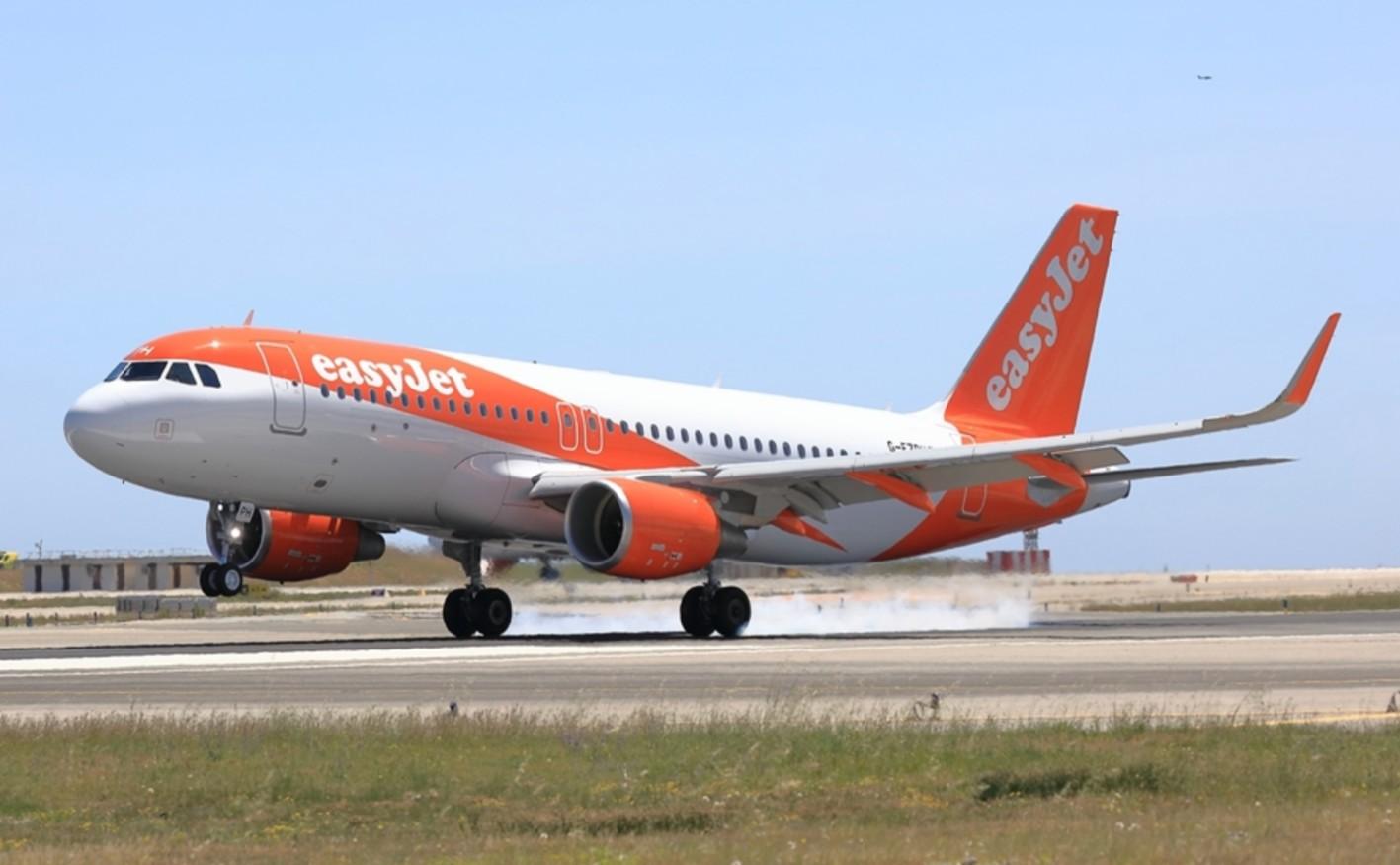Published on
October 28, 2025
EasyJet is strengthening Berlin’s connectivity this winter by expanding its operations at Berlin Brandenburg Airport (BER) with new routes to Seville, Spain, and London Southend, UK. As part of its enhanced schedule for Winter 2025/26, the carrier has also stationed its first Airbus A321neo at BER, marking a significant milestone in fleet modernization and capacity growth for Germany’s capital hub.
Connecting Berlin to Seville: A New Gateway to Southern Spain
EasyJet’s newly launched twice-weekly service to Seville (flights every Monday and Friday) establishes the first ever direct link between Berlin and the Andalusian capital. Renowned for its vibrant flamenco culture, historic Moorish architecture, and close proximity to the sunny Costa de la Luz, Seville is a rising favorite for both city-breakers and winter sun seekers.
With the addition of Seville, Berlin travelers now have seamless access to a key destination rich in cultural heritage, gastronomy, and festival experiences. The opening of this route is poised to boost inbound Spanish tourism and support Berlin’s position as a leading European air gateway.
More Options to the UK: London Southend Joins easyJet’s Berlin Network
From 7 November, EasyJet will add twice-weekly flights (Mondays and Fridays) to London Southend Airport, introducing a third direct connection to the UK capital alongside its established services to London Gatwick and London Luton. This enhanced network gives travelers and business commuters more flexibility and convenient access to London, while also capturing demand from regional UK travelers heading to Berlin.
The new Southend route offers efficient travel times and increased seat availability, supporting both tourism and business links between Germany and the UK. The expanded connectivity complements the airline’s ongoing commitment to facilitate trade, culture, and family visits between the two nations.
Fleet Upgrades: Introducing the Airbus A321neo at BER
To accommodate increased demand and growing route diversity, EasyJet has introduced its first Airbus A321neo at Berlin Brandenburg Airport. The A321neo, which seats two hundred thirty five passengers (twenty six percent more than the A320), features next-generation fuel efficiency and noise reduction advancements, consuming twenty percent less fuel and emitting fifty percent less noise than older models. The airline has confirmed that a second A321neo will be based in Berlin by early 2026, further expanding the airport’s flight capacity and sustainability credentials.
This investment in greener, larger-capacity aircraft supports Berlin’s goals for sustainable airport development and aligns with the EU’s overall climate and modernization targets for aviation.
Positive Tourism Impact for Berlin, Seville, and London
Berlin’s tourism sector, already a major driver of the city’s economy, is expected to benefit from the expanded air links as they attract more visitors from Spain and the UK, two of Berlin’s largest tourism source markets. In turn, Seville and Andalusia will see increased German arrivals, supporting year-round tourism and fostering tighter cultural ties with Central Europe.
Direct connections such as the Berlin-Seville route are crucial for regions aiming to diversify their visitor base. The winter launch opens new travel possibilities for Berliners seeking southern Europe’s mild climate, historical excursions, and culinary adventures during the off-peak season. Likewise, enhanced service to London Southend provides UK travelers with more choices, fueling cross-border city tourism and event-driven travel.
For Berlin Brandenburg Airport, easyJet’s growth solidifies the hub’s status as a central node for low-cost and leisure aviation in Europe.
Sustainable Growth and Future Developments
EasyJet’s fleet investments are central to its Net Zero roadmap and reflect the airline’s broader commitment to improving environmental sustainability across its European network. The A321neo’s advanced technologies, including quieter engines and increased seat capacity per aircraft movement, reduce overall carbon and noise footprints, which is an essential factor for airports located near major urban centers like Berlin.
With the arrival of a second A321neo in 2026, EasyJet will continue to improve operational efficiency at Berlin Brandenburg, supporting both economic growth and sustainability objectives.
Strengthening Berlin as a Tourism and Business Hub
EasyJet’s Winter 2025/26 expansion at Berlin Brandenburg Airport with new services to Seville and London Southend, and the introduction of the Airbus A321neo, underscores the airline’s role as a key enabler of tourism, commerce, and sustainable air travel in the region. The new connections not only facilitate smoother journeys for leisure travelers and business passengers but also advance cross-European integration and cultural exchange through aviation.
Image Credit: EasyJet
